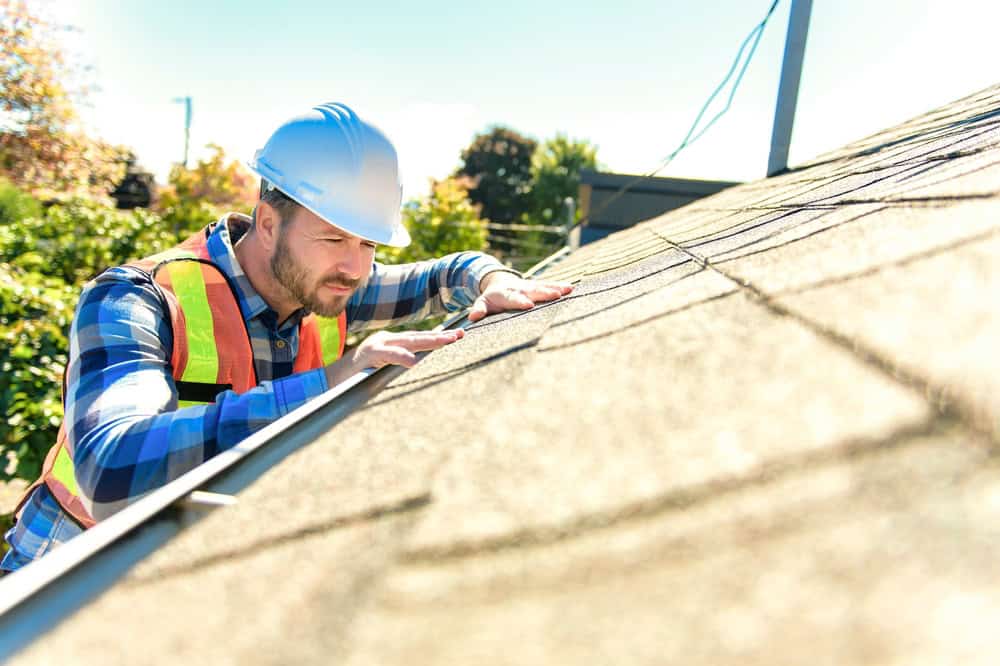Staying Safe Around Residential Electrical Wires

High-voltage electrical wires are widely known to be dangerous, but don’t overlook the electrical wiring that feeds your home—it poses risks too. Whether your home is served by overhead or underground wiring, understanding these systems and taking proper precautions can help prevent accidents.
Understanding Residential Electrical Feeds

- Power Supply: Most residential wiring operates at 240 volts, with no overload protection. This means no circuit breaker will trip if there is an overload, making the system particularly powerful and dangerous.
- Types of Wiring:
- Underground Wiring: Can be accidentally damaged during digging.
- Overhead Wiring: Susceptible to issues with clearance over structures and landscaping.
Safety for Underground Wiring

If your home is connected via underground wiring:
- Never Dig Without Locating Wires:
- Contact your local utility locating service before starting any digging project, even for small tasks like planting trees or shrubs.
- Hitting an underground wire can be hazardous and costly.
Safety for Overhead Wiring

For homes with overhead electrical feeds:
-
Required Clearance Standards:
- Wires should be:
- At least 10 feet above walking surfaces.
- 12 feet above driveways.
- 18 feet above roadways.
- Never above pools or hot tubs.
- Wiring should never rub against trees or any other surfaces as this can lead to wear and potential hazards.
- Wires should be:
-
Inspect for Clearance Issues:
- Walk around your home and check for potential concerns, especially for:
- Patios, decks, or porches added after wires were installed.
- Overhanging trees or branches near wires.
- Clearance issues over recently added walking paths, driveways, or other surfaces.
- Walk around your home and check for potential concerns, especially for:
General Electrical Safety Tips

- Never Touch a Wire: Assume any wire is live and dangerous, whether it’s downed or connected.
- Be Extra Cautious with Ladders: Never place a ladder near, or in contact with, an overhead wire.
- Contact Your Utility Company: If you notice low-hanging wires, damaged lines, or clearance issues, always contact your local utility for assistance.
Proper care and vigilance around your home’s electrical wiring can prevent injuries and accidents. Always follow clearance standards, avoid handling wires, and involve professionals when necessary. Electricity is powerful—staying smart and cautious is the best way to safeguard your safety.